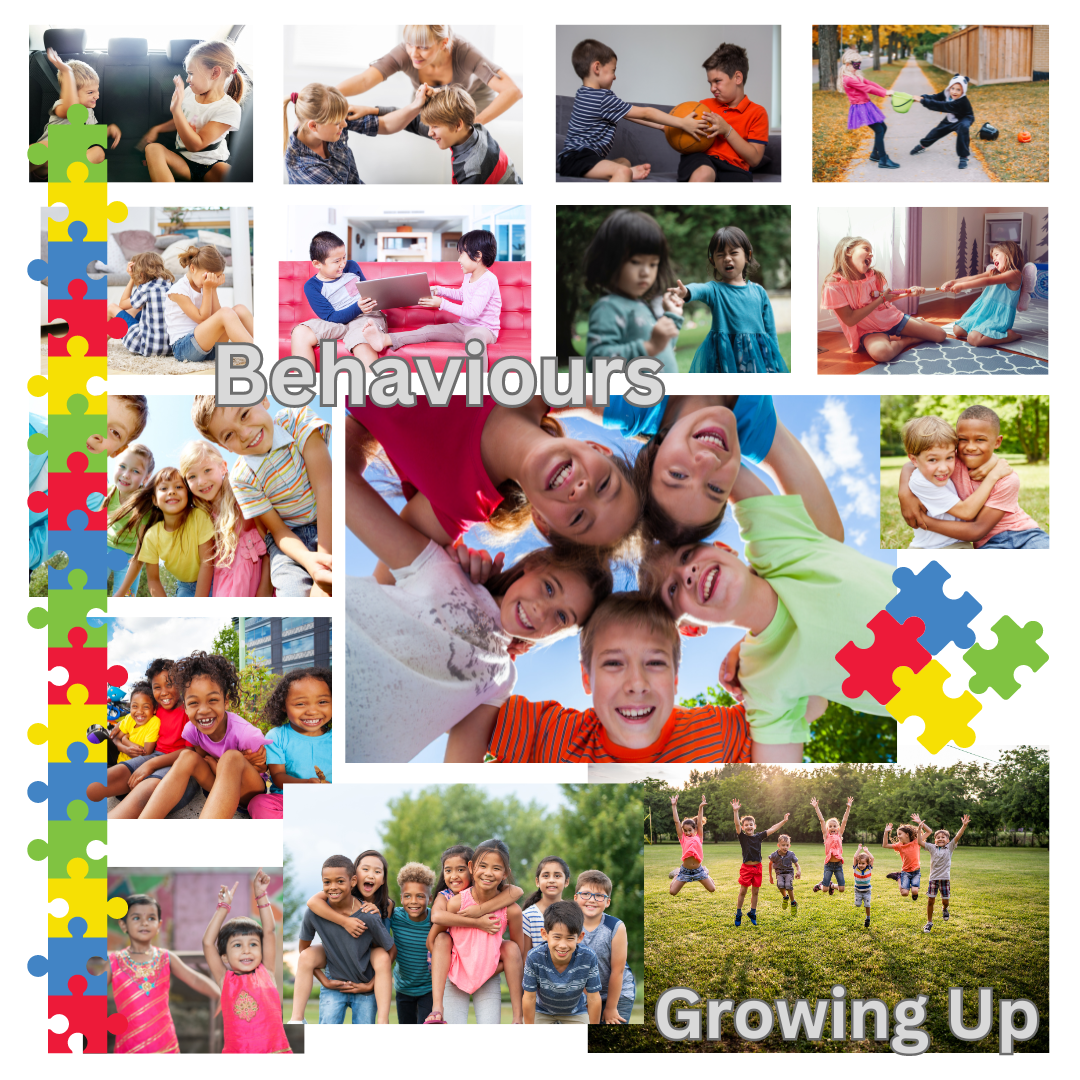Peer Conflict, Mean Behaviour and Bullying - What is the difference? 
When a child is having a problem with their peers, it can be hard for parents to know what is really happening – is it bullying? Or is it something else? Each type of behaviour must be handled differently, to keep children safe and help them learn how to get along with others.
Bullying can affect all children and has negative impacts on the victim as well as the bully. Bullying can appear in several forms:
- Verbal bullying: Examples are name calling, making fun of someone, making jokes at another's expense, unwelcome teasing and spreading secrets someone disclosed in confidence.
- Physical bullying: Pushing, shoving, pinching, hitting, spitting, damaging property and vandalizing lockers or school supplies.
- Social/Relational bullying: Harming someone's reputation or relationships, such as spreading rumors, intentionally excluding someone, or encouraging others to shun them.
- Cyberbullying: With the rise of digital platforms, cyberbullying has become a significant concern. It includes sending harmful messages, sharing inappropriate images, or creating fake profiles to harass individuals online. Using social media to intimidate, exclude and disseminate private information or using texting, emails or other applications to damage someone's reputation.
Strategies focused on building self-esteem, developing respectful relationships and providing clear but respectful communication tend to be the most successful.
Children who are bullied need to be empowered and supported in developing healthy relationships.
Bullies on the other hand, need to learn social responsibility, empathy, right from wrong and remedial actions, such as rebuilding relationships and apologizing.
Help keep kids stay safe from bullying behaviour online and at school. What can you do as a parent to prevent or deal with bullying?
- Encourage your child to report bullying they either experience or witness to school staff, such as teachers, counsellors, principals or parents.
- Know the erase reporting tool and various helplines, and other Resources for Students.
- Provide opportunities for open dialogue about sensitive topics.
- Recognize warning signs: potential indicators of bullying can be sudden changes in behavior, reluctance to attend school, unexplained injuries, or declining academic performance.
- Document Incidents: keep detailed records of bullying episodes, including dates, descriptions, and any communications with school personnel. This documentation can be crucial when seeking intervention.
- Engage with School Authorities: Collaborate with teachers, counselors, and administrators to develop a comprehensive plan to address and prevent further bullying.
- If your child is the bully, encourage them to reflect on their actions, and how they would feel if the tables were turned and they were on the receiving end.
- Help your children develop digital literacy so they are aware of what cyberbullying looks like and have strategies for handling cyberbullying when it arises.
- Bullying Canada - the only national organization in Canada dedicated to resolving bullying situations for youth. They offer a 24/7 support network, providing assistance via phone, email, and text to bullied children. Their services include facilitating communication between affected youth, their parents, educators, and, when necessary, law enforcement.
- Find more advice for preventing or dealing with bullying on Fraser Health's website at: http://ow.ly/Yq2150Pei4C
- Dare to Care - a comprehensive bullying prevention program recognized for its practical approach. They offer interactive workshops and resources aimed at creating safer environments in schools, sports organizations, and workplaces. In 2016, they received the Government of Alberta Inspiration Award for Leadership in Bullying Prevention.